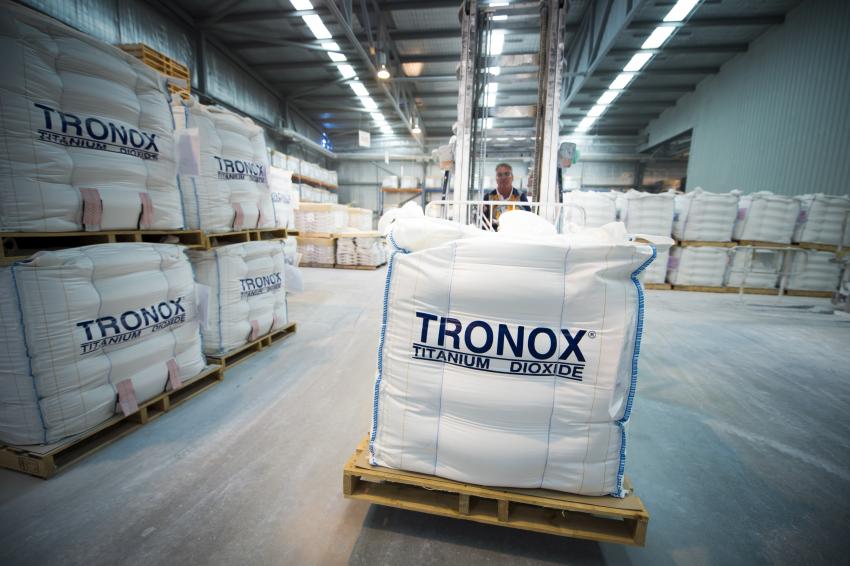Six Countries Greenlight Tronox-Cristal Merger
18.01.2018 -
With a stiff wind still blowing in its face from regulatory authorities in the two important markets EU and USA, titanium dioxide (TiO2) producer Tronox this week said it has now garnered approvals for its planned acquisition of competitor Cristal – a privately held global chemical and mining company headquartered in Jeddah, Saudi Arabia – from six countries, with no strings attached.
Tronox said the proposed transaction has now received the green light from Australia, China, New Zealand, Turkey, South Korea and Colombia. The boards of both merger participants have already given their approval. Cristal is owned to 79% by Tasnee, a listed Saudi joint-stock company, and to 20% by Gulf Investment Corporation.
The US company based in Stamford, Connecticut, announced the acquisition plans in February 2017, saying it would pay for the purchase cash and Class A shares and would also grant Cristal a 24% shareholding in the merged company.
At the same time, Tronox it said it planned to sell its Alkali Chemicals business to fund the cash portion. In August, midstream services provider Genesis agreed to buy the alkali assets for $1.33 billion in cash
By December, the US producer’s grab for its Saudi competitor began to look somewhat tenuous. The US Federal Trade Commission (FTC) filed a lawsuit seeking to block the acquisition, and the EU opened a Phase II in-depth probe.
While the FTC contended that the TiO2 market operates as an oligopoly and that, post-merger, Tronox and the absorbed Cristal could coordinate to restrain production, Tronox countered that the transaction makes sense only if the combined firm can exploit all potential synergies to safely expand production at a lower cost per tonne.
Addressing the EU’s concerns, CEO Jeffry N. Quinn said: "We remain actively engaged with representatives of the European Commission as they continue their analysis.”
Under EU law, the commission has up to 90 working days, a period that may be extended or shortened, to make a final decision on whether the proposed transaction would significantly impede effective competition in the European Economic Area.
The combined business would create the world’s largest and most highly integrated TiO2 pigment producer with assets and operations on six continents. It would operate 11 TiO2 plants in eight countries, producing a total of 1.3m t/y, and would also have titanium feedstock operations in three countries with a total capacity of 1.5m t/y.





